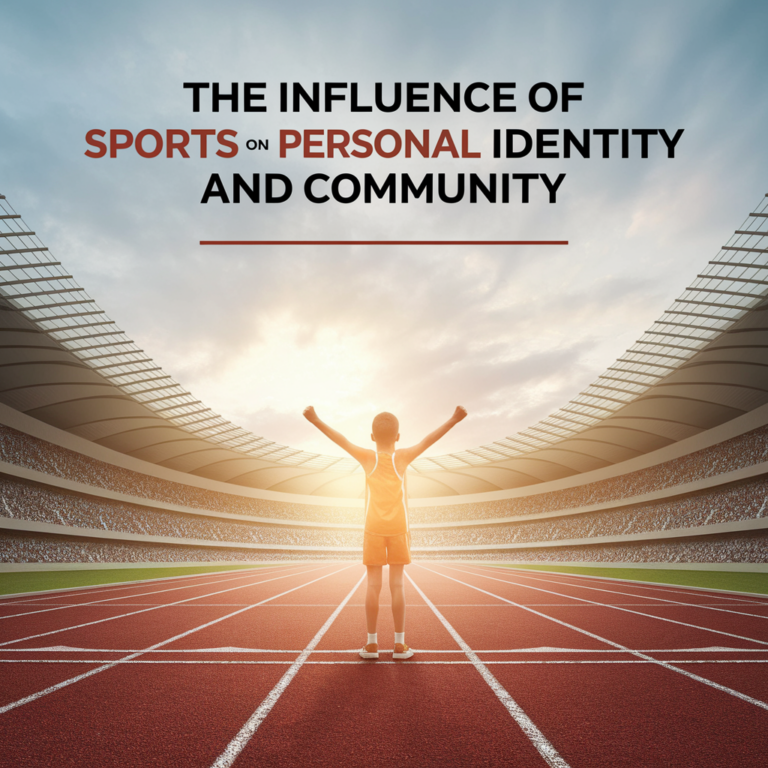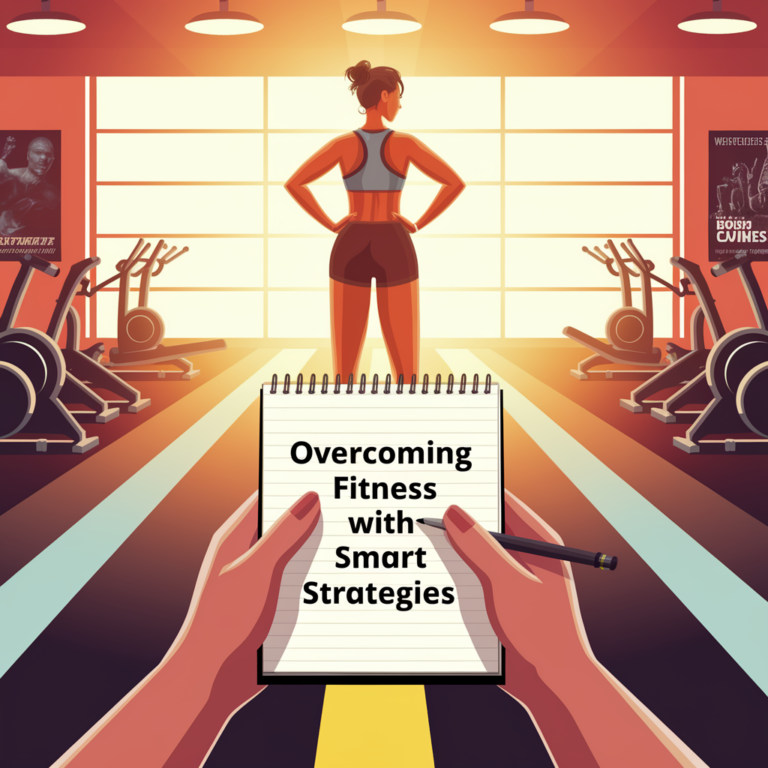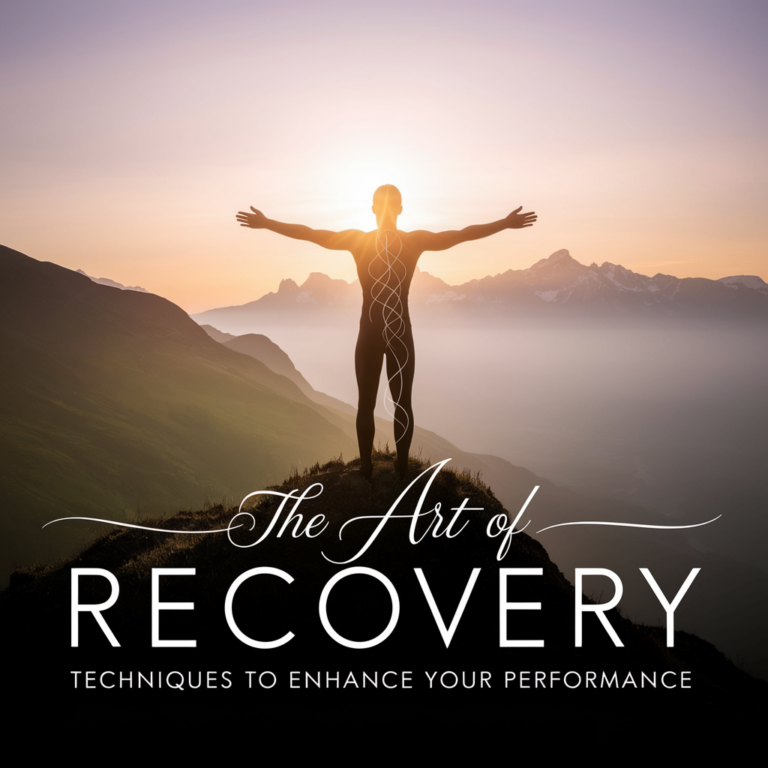Navigating Controversy: The Role of Ethics in Modern Sports
You know, there was a time when I thought sports were all about the game—pure competition, raw talent, and a dash of good ole sportsmanship. I mean, who could forget that feeling of watching your favorite team score the winning goal or hit that last-second three-pointer? It’s electric! But as I’ve grown (and perhaps become a bit more cynical, let’s be honest), I’ve started to see a much murkier side to sports. It’s like peeling back the layers of an onion, only to find… well, more onions. And boy, do they bring tears! So today, let’s dive into this wild world of modern sports and the ethical dilemmas that seem to pop up like mushrooms after a rainstorm.
The Good, The Bad, and The Ugly: A Brief Overview
Let’s kick things off with a quick overview of what I mean when I say “ethics in sports.” It’s such a broad term, like trying to capture the essence of a good chili recipe—everyone has their own take. But generally, we’re talking about the moral principles that govern athletes, coaches, teams, and even the leagues themselves. From doping scandals and match-fixing to questions of equity and fair play, it seems like there’s no shortage of ethical conundrums in the world of sports.
Now, you might be thinking, “What’s the big deal? Aren’t sports just supposed to be a way for us to escape reality?” And, sure, that’s a valid point! But here’s the kicker: when the integrity of the game is compromised, it affects not just the players but also the fans, the sponsors, and even the broader cultural landscape. So yeah, it’s kind of a big deal!
Performance-Enhancing Drugs: A Slippery Slope
Let’s talk about the elephant in the room—performance-enhancing drugs (PEDs). I remember once watching a documentary about a certain cyclist who shall remain nameless (but I’m sure you can guess!). The sheer lengths some athletes go to for that extra edge are mind-boggling. It’s like they’ve taken “no pain, no gain” to a whole new level. But at what cost?
On one hand, you’ve got athletes pushing their bodies to the limit, trying to compete at the highest level. On the other, there’s this nagging question: are these records even real? When you find out that the guy who broke the world record was on a cocktail of substances, it kinda takes the wind out of your sails, doesn’t it? (Seriously, it’s like finding out your favorite magician’s tricks are just elaborate scams.)
And here’s where ethics get murky. Some argue that PEDs should be legalized and regulated—after all, if everyone is doing it, why not level the playing field? Others counter that it undermines the essence of sport, which is supposed to celebrate natural talent and hard work. Honestly, I think it’s a slippery slope. What’s next? Gene editing? Yikes!
Match-Fixing: When the Game is Rigged
Then there’s match-fixing, another hotbed of ethical controversy. This one gets my blood boiling. Imagine being a fan, pouring your heart and soul (and maybe a few too many snacks) into supporting your team, only to find out that the game was rigged. Talk about betrayal! It’s like discovering your best friend has been talking behind your back. Ugh!
Recent scandals in soccer and cricket have revealed how deep the rot can go. Players, coaches, and even referees have been implicated in schemes to influence the outcome of games for financial gain. It’s enough to make you want to throw your jersey in the donation bin! But here’s the kicker: why do we care so much? I mean, we know sports aren’t life or death—unless you’re in a heated family rivalry over a game of Monopoly. But still, it’s about trust. Trust in the players, trust in the league, and trust in the very essence of competition.
Equity and Inclusion: A Modern Dilemma
Now, let’s shift gears a bit and talk about another ethical conundrum: equity and inclusion in sports. This is where things can get a bit… spicy. With movements like Black Lives Matter and discussions around LGBTQ+ rights gaining momentum, the sports world has had to reckon with its own shortcomings.
Take the issue of pay equity in women’s sports, for example. It’s baffling that female athletes—who train just as hard and often compete at the same level—still face significant pay disparities compared to their male counterparts. I mean, how can we call ourselves a modern society when we’re still debating whether women should make the same amount as men for the same work? It’s 2023, people! (And I’m still waiting for my flying car.)
Then there’s the question of representation. For years, certain groups have been marginalized in sports, whether due to gender, race, or sexual orientation. But the tide is turning, slowly but surely. More athletes are using their platforms to advocate for change. Take Colin Kaepernick, for example. His decision to kneel during the national anthem sparked a nationwide conversation about racial inequality and police brutality. Some loved him for it; others… well, let’s just say they weren’t sending him Christmas cards. But that’s the thing about ethics—it’s not always comfortable.
The Role of Governing Bodies
So where do we go from here? Well, this is where governing bodies like FIFA, the IOC, and others come into play. Their role in establishing ethical standards and holding athletes accountable is crucial. But let’s be real: these organizations aren’t exactly known for their transparency or integrity. Scandals involving corruption and bribery have plagued them for years. (Remember that time FIFA was basically on trial? Yeah, good times… not.)
It’s a tricky balance. On one hand, these organizations are tasked with upholding the integrity of the sport. On the other, they’re often more focused on profits and sponsorship deals than on ethical considerations. So, how do we ensure that the spirit of the game is preserved? It’s like trying to push a boulder uphill—tiring and seemingly endless!
The Fans: The Unsung Heroes
But let’s not forget about us—the fans. We play a significant role in this ethical landscape, whether we realize it or not. Our choices, our voices, and our support (or lack thereof) can drive change. Have you ever boycotted a team or a player because of ethical concerns? I have. (I’m looking at you, certain players who shall not be named, but you know who you are.) It’s empowering to realize that we have a say. We’re not just passive spectators; we’re part of the narrative.
And social media? Oh boy, that’s a double-edged sword. It can amplify voices, bringing attention to issues that might otherwise go unnoticed. But it can also lead to mob mentality, where one misstep can lead to a digital witch hunt. It’s a wild world out there, folks.
Finding Common Ground
So how do we navigate this complex web of ethics in sports? It’s not easy, but I think it starts with open dialogue. Conversations about ethics shouldn’t be confined to boardrooms or academic papers. They should be happening in living rooms, coffee shops, and yes, even on social media. (Just make sure you don’t get into a heated argument with your uncle about the merits of a particular player—trust me, it’s not worth it.)
We need to hold athletes, teams, and governing bodies accountable. That means supporting those who stand for ethical principles and advocating for change when we see injustice. But it also means being open to discussions, even when they’re uncomfortable. Because ultimately, sports are about more than just winning or losing—they’re about community, values, and, dare I say, a sense of belonging.
Conclusion: A Game Worth Playing
As we navigate this ever-evolving landscape of modern sports, remember that ethics matter. They shape not just the game but the culture surrounding it. And while the controversies may seem overwhelming at times, they also provide an opportunity for growth and change.
So whether you’re cheering for your favorite team, attending a local game, or just enjoying a good match on TV, take a moment to reflect on the ethics at play. Because at the end of the day, sports are about more than just the final score—they’re about the journey, the struggles, and the triumphs along the way. And who knows, maybe one day we’ll look back and see a world where sports truly reflect the best of us, rather than our worst. (Fingers crossed!)
Until then, keep questioning, keep engaging, and most importantly, keep enjoying the game!







